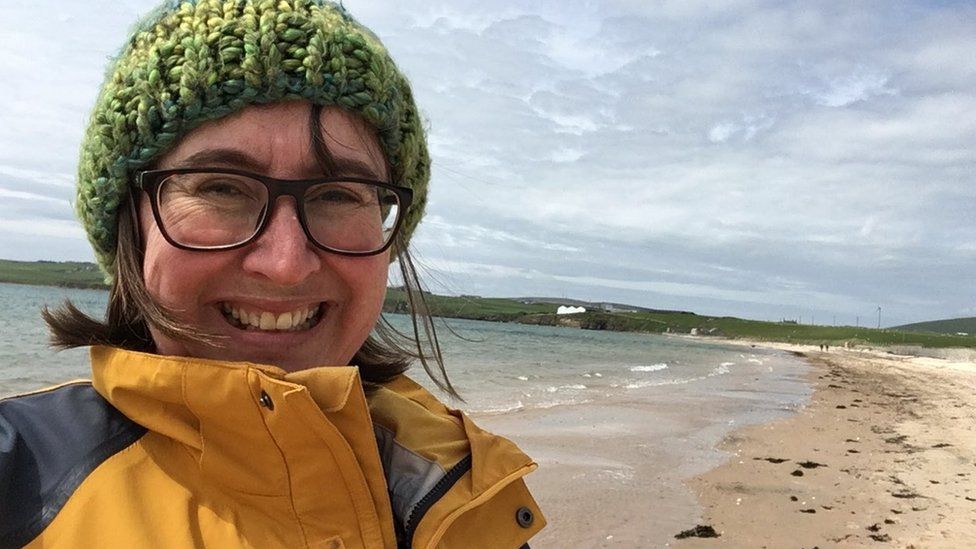-

-
-
Loading

Loading

Rebecca Payne, a flying island doctor, has a job that many would consider incredibly fulfilling. As an out-of-hours GP, she provides healthcare to some of the most remote communities in the world while experiencing breathtaking moments such as observing baby seals, emperor penguins, and the northern lights. Dr. Payne expresses her gratitude for her job, saying that she cannot believe she gets to live such an incredible life. Dr. Payne initially discovered her dream island job while working for the Care Quality Commission. She met another doctor who worked in the Orkney islands and was intrigued by the role. Despite concerns about practicality due to having two children and a husband who worked full-time, she learned that they were recruiting and decided to give it a shot. For the past four years, Dr. Payne has been working for NHS Orkney, frequently flying between the islands in the archipelago. She works on a rotating schedule with seven other doctors, spending one week out of eight on Orkney. The rest of her time is spent working from home in Cardiff as a researcher for Oxford University and occasionally filling shifts as a locum on other islands. Working in remote settings comes with unique challenges, as Dr. Payne often finds herself as the sole healthcare professional on some of the smaller islands. Her responsibilities range from managing emergencies and arranging helicopter transportation to dealing with asthma, collecting medication from the ferry, and transporting blood samples to the airplane for collection. As weather conditions can be poor, it is not always easy to get on or off the islands. Dr. Payne recalls being trapped on Eadie island over New Year's due to a canceled flight caused by a storm. Dr. Payne emphasizes that one common issue in island communities is people not seeking help as soon as they should. Farmers, in particular, tend to try treating themselves for longer periods, resulting in patients being in worse condition when they finally seek medical assistance. She also mentions the complexities of managing deteriorating patients during storms, as getting them to the hospital promptly is crucial. Despite the challenges, Dr. Payne has developed a deep love for Orkney during her time there. She describes it as a magical place with exceptional lighting and appreciative patients. She cherishes the moments when she lands her plane on the beach in Barra, an island in the Outer Hebrides, and highlights her month-long experience working in the Falkland Islands with her family as a dream come true. Dr. Payne believes that healthcare delivery on islands can serve as a valuable lesson for the rest of the world. The setup and time available to provide care make a significant difference in patient experience. She encourages colleagues who may feel burnt out or disillusioned to try working in a different setting, such as an island, which can bring back the joy in their profession. Dr. Payne plans to spend Christmas in the Orkney islands with her family and is considering working in St. Helena, a remote volcanic outpost in the South Atlantic Ocean. She believes that jobs like hers are the antidote to mid-career blues and urges others to consider a change of scenery to reignite their passion for medicine. At the end of the day, Dr. Payne feels privileged to be in extraordinary places, working with incredible people, and making a difference when it matters most.